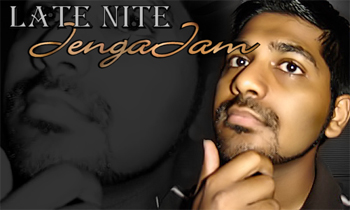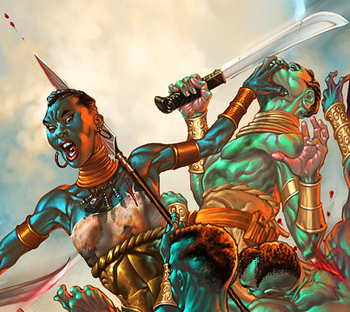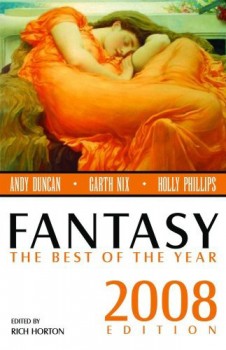It is much easier for me to do this thing called NOT writing than it is to actually write. I imagine it’s easier for all writers to NOT write, except that when we’re NOT writing the NOT part eats away at us. Me, when I’m NOT, I feel more and more like a failure, or simply a wuss. Yet if I sit down and write 500 words I’m not satisfied. I say to myself, well, if I’d actually had two or three hours to write, I could have written a few thousand words, why didn’t I get it together? Wuss. On those extremely rare days when I actually have time to crank out a couple of thousand words I do feel a small sense of satisfaction, then plan to magically find time to make it happen the next day, and the next, so that whatever I’m writing will get done much faster than it ever really can. For me at least, writing is a continual act of self deception. The funny thing is that I’m not at all that unforgiving or unreasonable with other writers. Just with me.
For the last six months I have been concentrating solely on novel writing. One novel is making the rounds and I am trying to have a second, related novel finished should someone come calling. I’m enjoying the process, but it comes with different challenges. Maybe they’re all obvious, but I’ll go ahead and talk about them. Since a novel is a lot longer than a short story and I have limited time, it takes a long time to finish. I don’t like sharing my rough roughs, so I don’t show the work in progess to anyone for feedback until I’ve had a chance to finish and go over it at least once. I don’t need adulation, but I do like a pat on the back, even if it comes with someone pointing out the flaws (too, there is always a sense of satisfaction when you reach a conclusion). When I write short stories, I can finish one, then talk about it with the group of writers I exchange stories with. When I publish a short story, I can go talk about short stories with other writers and we can congratulate each other and trade notes. I miss that sense of community.
I’m not writing short stories right now, though. I love writing short stories and I have scads of ideas. But let’s face it. There are few markets out there that accept what I like to write, and cracking the short story markets doesn’t really establish you as a novelist. It is extremely difficult to make a living as a writer these days, but if you’re going to do it, you’d best be writing novels, not short stories. I tell myself that if the novels sell, maybe I’ll have time again for the short works. Maybe I’m deceiving myself about writing. It wouldn’t be the first time.
Whatever I do, I have resolved to write what makes me happy, because who knows what, if anything, will come of it. I have a tremendous amount of respect for Robert E. Howard, who made a living writing in the 30s by writing for a variety of markets, and I have made attempts to try that myself. In retrospect, me trying multiple markets was probably silly. In Howard’s day there were many, many more markets. And THAT Howard was writing full-time. I barely squeeze in a few hours for writing every week. Rather than trying a scattershot approach with market and style, I decided that I would use that small amount of time to hone my craft and get as good as I could writing the kind of stories I liked to write. When not typing, my fingers are still crossed that something will come of it. I mostly enjoy writing, except when I’m NOT, or when I feel like I should be writing MORE, which is, honestly, most of the time. I think writers are a little crazy. I know I am…
Howard



 This week we thought we’d take you on a tour of some of the online reactions to out latest print issue, Black Gate #11. You’ll find a gamut of opinions represented below, from both pros and amateurs.
This week we thought we’d take you on a tour of some of the online reactions to out latest print issue, Black Gate #11. You’ll find a gamut of opinions represented below, from both pros and amateurs.